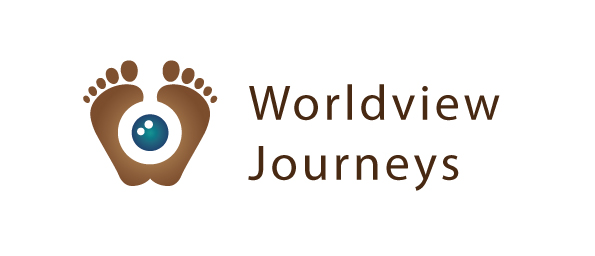What do we mean when we say that our learning tools and programs are science-based? On this page you can learn a bit more about the different fields of science we rely on in the design of our tools and programs.
Worldviews & the Worldview Test
The worldview-test is based on academic research. You can read more about the most recent study on which it is based in this article, published in the Journal of Environmental Science and Policy. With this study an important step has been taken toward the development of a valid, reliable worldview-instrument.
In this study, two different approaches to studying worldviews have been creatively combined.
Philosophers and historians have often explored worldviews in a more analytical and speculative fashion, attempting to distill the metaphysical underpinnings of our collective thinking. They forged an understanding of the general thrust of the historical-developmental trajectory of cultural epochs in the West, distinguishing between fundamentally different perspectives or Zeitgeist’s.
Social scientists often took a more empirical, quantitative approach, developing research scales and surveys to question different populations about their beliefs and values, frequently using statistics to reveal overarching patterns in meaning-making.
The worldview-test combines these approaches. On the one hand, it is grounded in a qualitative understanding of the historical thrust of evolving worldviews in the West. That is, the main worldviews used in the test ~ the traditional, modern, postmodern, and integrative worldviews ~ were modeled after ideal-typical worldviews suggested by works in sociology and philosophy.
On the other hand, the worldview-test bridges to more quantitative, psychological approaches. It does this by distinguishing different dimensions to worldviews that represent existential life questions (ie., What is real? How do we know what we believe is true? What kind of creatures are we?). For each worldview, it answers these fundamental questions in short, relatively simple statements that people can be surveyed about. In this way, these worldviews can be empirically investigated and overarching patterns established.
Using this approach, we found four worldviews with a reasonable degree of reliability, as well as consistent relationships between these worldviews and a range of opinions, political priorities, and behaviors.
However, there are, of course, inherent limitations to this kind of quantitative study, as well as avenues for improvement for future research. For one, language brings complications, as the same term can have different meanings in different cultural contexts. Pilot-research aimed at culturally sensitive language-testing and refinement could help overcome this. Explorations of how the worldview-test can be translated to in particular non-Western cultural contexts would also be highly useful.
This test is the outcome of Worldview Journeys founder Annick de Witt’s 7 years of researching worldviews, in relation to sustainability issues, and writing her dissertation in this field. She used both qualitative and quantitative methods, including surveys with representative samples of citizens in the Netherlands and the USA.
